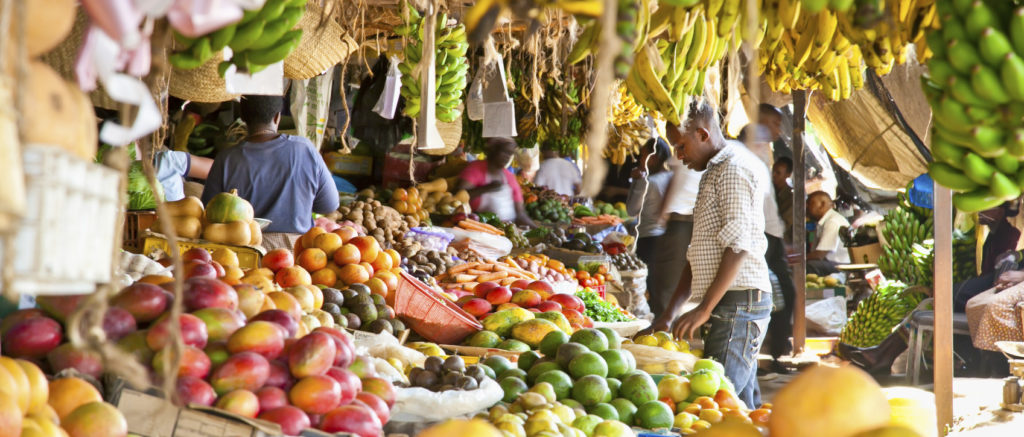Governing Food Systems to Alleviate Poverty in Secondary Cities in Africa

Urban food security is an increasing challenge across Africa, driven by a variety of complex factors. Governing Food Systems to Alleviate Poverty in Secondary Cities in Africa examines food systems in three case study cities (Kisumu in Kenya, Kitwe in Zambia and Epworth in Zimbabwe) to illuminate broader issues of urban poverty and governance in Africa.
The evidence base in this area is underdeveloped, particularly in smaller African cities, and so the project focuses specifically on ‘secondary’ urban areas. The study will explore the linkages between household access and the broader context of each city’s food system, such as its supermarket sector, to determine the different factors affecting food security.
Working with local authorities and civil society organisations, the project will help improve current knowledge on urban poverty and governance in secondary African cities. The findings will provide local governments in these and other cities with a practical body of knowledge to guide future strategies on food supply and poverty reduction.
Project Website Project Twitter
Vanessa Watson (Principal Investigator, Professor of City Planning)
Jane Battersby-Lennard (Researcher)
Harro von Blottnitz (Head of Environmental and Process Systems Engineering)
Owen Crankshaw (Professor of Sociology)
Jonathan Crush (Professor, Geography and Environmental Studies)
James Duminy (Researcher)
Patrick Hayombe (Dean, School of Spatial Planning and Natural Resource Management)
Gareth Haysom (Researcher)
Murray Leibbrandt (Professor in the School of Economics)
Francis Muwowo (Head of Department, Urban and Regional Planning)
Susan Parnell (Professor, Enviromental and Geographic Sciences)
Owen Sichone (Senior Lecturer)
Caroline Skinner (Senior Researcher)
Warren Smit (Researcher)
Godfrey Tawodzera (Researcher)
George Wagah (Dean, School of Planning and Architecture)
Consolidation of existing material such as censuses with new data generated through stakeholder interviews, household surveys and remote sensing.
Engagement of local authorities, NGOs and other stakeholders with research through seminars, workshops and network development.
Creation of a substantial policy-relevant evidence base on food security, urban poverty and governance through publications, curricula and a toolkit.
Why urban agriculture isn’t a panacea for Africa’s food crisis